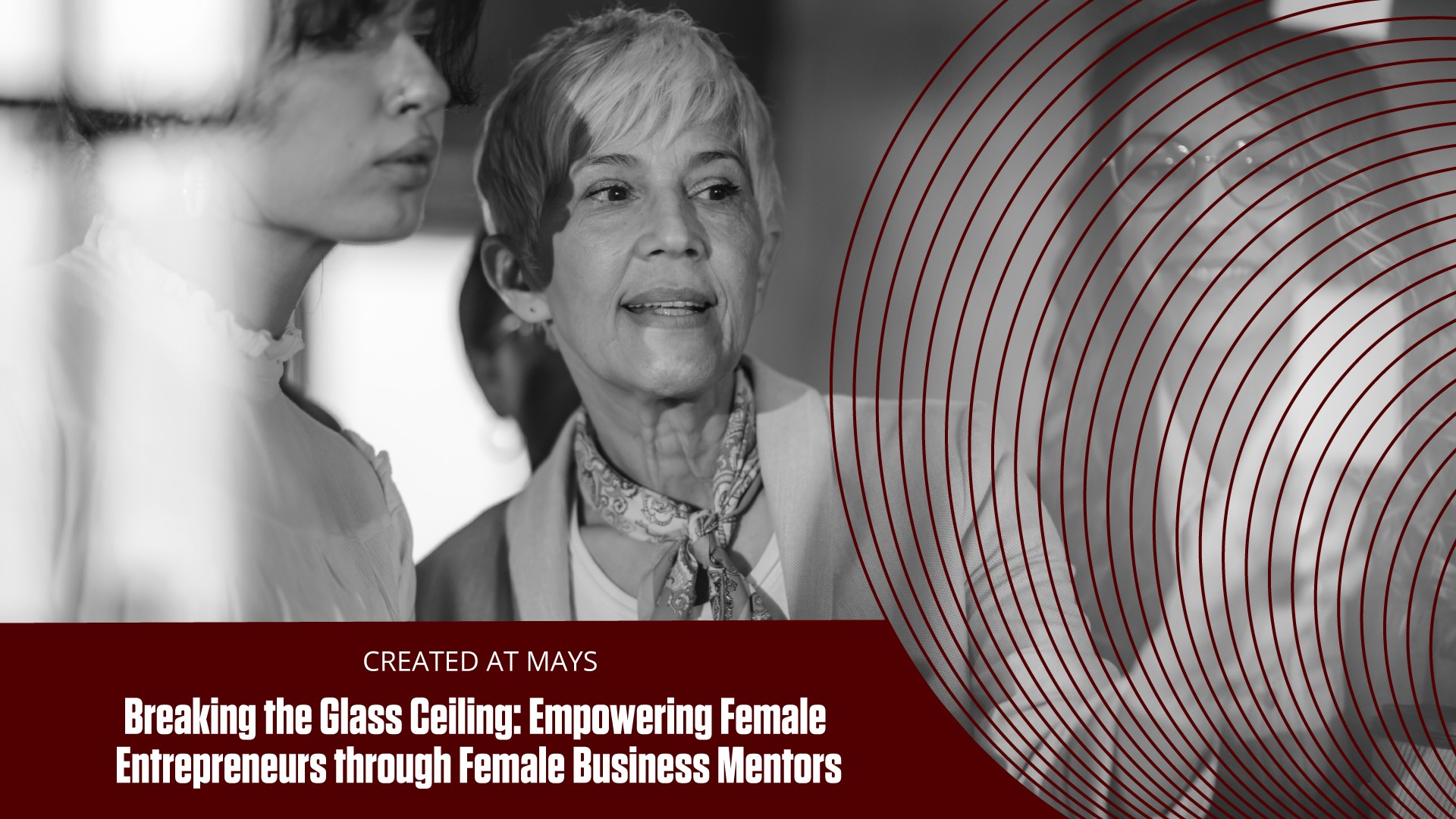Breaking Barriers: How Gender-Matched Mentorship Fuels Success for Female Entrepreneurs in Developing Economies
August 21, 2024
|
Steve Anderson
In the world of entrepreneurship, particularly in developing economies, achieving success often comes with its unique set of challenges. A new study published in Marketing Science by Stephen J. Anderson, the Leonard L. Berry Chair in Services Marketing at Mays Business School, and colleagues shines a light on one potential key to empowering female entrepreneurs: gender-matched mentorship.
Addressing the Gender Gap in Entrepreneurship
Despite significant investments by governmental and nongovernmental organizations in training programs for entrepreneurs, a persistent gender gap in business outcomes remains, especially for women-owned firms. The study sought to explore whether pairing female entrepreneurs with female mentors could help bridge this gap.
Research Design and Approach
The study undertook a randomized controlled field experiment involving 930 Ugandan entrepreneurs. These entrepreneurs were divided into a control group or assigned to treatment groups where they were paired with either a female or male mentor. The mentors, experienced business professionals from more 60 countries, provided virtual coaching through platforms like Skype.
Empowering Results for Female Entrepreneurs
The findings are striking and offer a beacon of hope:
- Significant Improvement in Business Performance: Female entrepreneurs mentored by other women saw an average increase of 32% in firm sales and 31% in profits compared to those in the control group.
- Greater Impact for High-Aspiration Entrepreneurs: The positive effect was even more pronounced for female entrepreneurs with high aspirations, indicating a scalable impact of mentorship based on different levels of entrepreneurial ambition.
- Lack of Impact from Male Mentors: In contrast, female entrepreneurs paired with male mentors did not experience a significant improvement in performance, highlighting the unique value of female mentorship in this context.
More Than Just Business Advice
The study also sheds light on the nature of these mentor-mentee relationships. Female mentor-mentee pairings were marked by more positive engagement, suggesting that these interactions provided not just business guidance but also emotional support and increased self-efficacy. The benefits of such gender-matched mentorship also spilled over to enhance female entrepreneurs’ relationships with customers.
Implications for Policy and Practice
- Policy Tools for Gender Equality: Gender-matched mentorship emerges as an effective policy tool to empower female entrepreneurs, helping to break the ‘glass ceiling’ in business.
- Insights Beyond Academia: The study contributes to the broader mentoring literature by demonstrating the importance of mentor gender in a non-educational, practical business setting.
This research offers a fresh perspective on mentorship in entrepreneurial ecosystems, especially in developing economies. It underscores the importance of considering gender dynamics in designing mentorship programs and policies aimed at supporting entrepreneurs.
For female entrepreneurs in developing economies, this study provides a clarion call for seeking gender-matched mentorship. The benefits extend beyond business growth to include enhanced confidence and customer relationships.
A Call to Female Business Leaders Worldwide
The study also serves as an invitation to successful female business leaders globally to engage in mentorship programs. Their participation could have a transformative impact on the next generation of female entrepreneurs.
This also marks a significant step towards understanding and fostering inclusive entrepreneurship. By highlighting the powerful role of gender-matched mentorship, it paves the way for more equitable and successful entrepreneurial journeys for women in developing economies and beyond.




